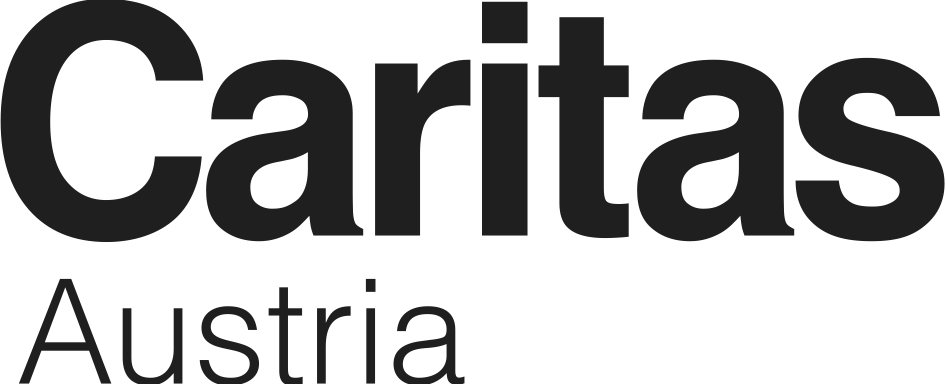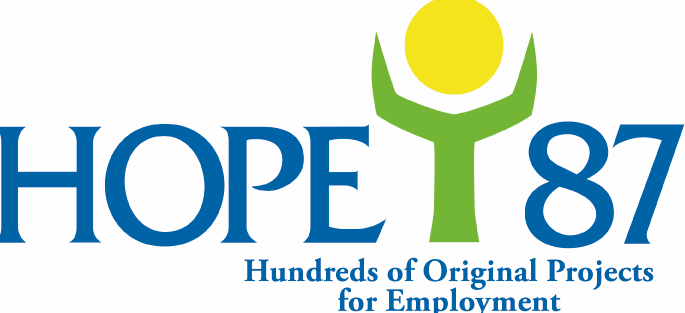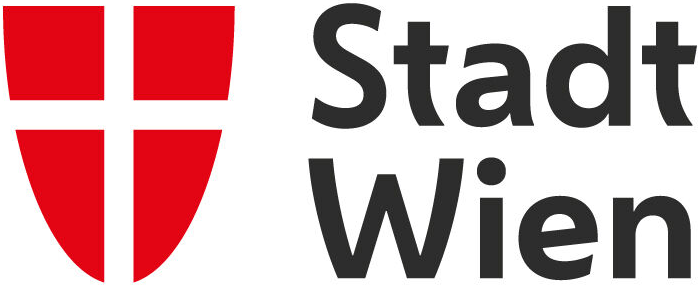By: Prof Darelle Van Greunen, Director of the Centre for Community Technologies, Nelson Mandela University, Port Elizabeth, South Africa
Tech For Good – Or Not?
“Humanitarian ethics? Isn’t that an oxymoron these days? A contradiction in terms?”
So said a somewhat cynical humanitarian worker to me a couple of weeks ago when
I told her I was participating in this event.
This morning we heard that Humanitarian aid has boomed into a multi-billion sector in
the last few years. Many people feel that a small, initially honest and voluntary pursuit
which was built on compassion and good deeds has become a bloated, self-serving
industry, or even a business.
A global humanitarian elite often lives in neo-colonial tax-free style in countries torn
apart by long wars. Humanitarian bureaucrats fly business class reading dense reports
of human suffering, rising needs and funding gaps. Anthropologists call this parallel
universe “AIDLAND”.
So, now that I have your attention and probably endeared myself to my fellow
panellists and the audience, let me explain. There is a saying in Africa that if a bud
leaves a tree without saying something, that bud is a young one. So, I will — since I
am not young, say something(s).
I want to say that there are two things we need to connect. The one is how the need
for humanitarian aid is presented and secondly; the immense opportunities that offer
themselves.
By displaying despair, helplessness and hopelessness, the media is telling the truth
about Africa for example, and nothing but the truth.
However, the media is not telling us the whole truth. Because of despair, civil war,
hunger and famine, although they’re part and parcel of our African reality, they are not
the only reality. Moreover, they are the smallest reality.
Africa and other countries in need of aid have immense opportunities that never
navigate through the web of despair and helplessness that the Western media mostly
presents to its audience.
However, the effect of that presentation is, it appeals to sympathy. It appeals to pity.
It appeals to something called charity.
So as a consequence, the Western view of Africa’s economic dilemma is framed
wrongly. The wrong framing is a product of thinking that Africa is a place of despair.
What should we do with it? We should give food to the hungry. We should deliver
medicines to those who are ill. We should send peacekeeping troops to serve those
who are facing a civil war. In the process, Africa is stripped of self-initiative.
I want to say that it is essential to recognise that Africa has fundamental weaknesses.
However, equally, it has opportunities and much potential. We need to reframe the
challenge that is facing Africa, from a challenge of despair, which is called poverty
reduction, to a challenge of hope. We frame it as a challenge of hope, and that is worth
creation. The challenge facing all those who are interested in Africa is not the
challenge of reducing poverty. It should be a challenge of creating wealth.
Once we change those two things — if you say the Africans are poor and they need
poverty reduction, you have the international cartel of good intentions moving onto the
continent, with what? Medicines for the poor, food relief for those who are hungry, and
peacekeepers for those who are facing civil war. In the process, none of these things
are productive because you are treating the symptoms, not the causes of Africa’s
fundamental problems.
Sending somebody to school and giving them medicines, ladies and gentlemen, does
not create wealth for them. Wealth is a function of income, and income comes from
you finding a profitable trading opportunity or a well-paying job.
Now, once we begin to talk about wealth creation in Africa, our second challenge will
be, who are the wealth-creating agents in any society? They are entrepreneurs and
innovators. So, where should we be putting the money? We need to put money where
it can productively grow. Support private investment in Africa, both domestic and
foreign. Support research institutions, because knowledge is an integral part of wealth
creation.
Having said all of this, let me return to the topic of my talk: Tech For Good – Or Not?
It is a fact that new technologies can add considerable added value to humanitarian
action, but their uses reveal significant risks.
Let us step back and analyse the impact of new technologies on the humanitarian
sector, by examining their usefulness and misuses, but also the ethical questions they
raise, and how international solidarity organisations can benefit from the digital
revolution.
Technology is ripe with ethical dilemmas. New tech usually comes with more power
and more advanced capabilities; we might be able to reshape the world in new,
innovative ways, or we might expose the human mind to conditions it has never
experienced before — new behaviours.
These open the door to ethical challenges, such as determining whether it’s right to
edit the human genome or programming self-driving cars to behave in ways aligned
with our morals.
Innovation can allow the humanitarian system to do more, for more people, at a lower
cost. Over the last decade, the daily lives of humanitarian workers have therefore
benefitted from the application of new technologies, and the concept of innovation has
become almost synonymous with them.
Information and communication technology (ICT) now enable us to better detect, and
even anticipate crises, and improve the speed and efficiency of the responses on a
larger scale.
Digital technology currently represents the most significant opportunity to transform
health systems in low and middle-income countries. In spite of the resources and
energy devoted to digital health measures in these countries, only a fraction of projects
has reached a significant scale.
The spread of mobile phones in developing countries has had a particularly significant
effect in terms of medical care and the management of food crises and epidemics.
The use of mobile phones in data collection enables better adaptation to crises and
“mobile health” interventions (mHealth) are rapidly gaining in popularity in low-income
countries, and especially in Africa, by overcoming the problems of access to
healthcare and a lack of qualified medical personnel as an example of humanitarian
interventions.
Since the emergence of social media, essential debates have taken in the public
sphere and among governments, media organisations and private tech companies
over the role social media plays in our everyday life.
While numerous organisations and individuals are warning us against the risks
associated with it, others are focusing on developing the positive role these platforms
can play in bringing social change.
There may be multiple reasons why online platforms have become so popular in
humanitarian crisis settings. (I refer to the 3 F’s from the first panel: first, fast, forgotten)
First, by allowing two-way communication, social media enable people in remote or
hard-to-reach areas to communicate with the world and share their situation. In this
sense, it is faster and increases accountability. It also empowers people to amplify
their voices, to retake control of the coverage of the crises they face, instead of waiting
for the media or first responders to reach them.
Through the combined used of artificial intelligence, big data and social media,
humanitarian organisations can significantly change the way they collect information,
analyse it and take action based on it. The creation of hybrid forms of humanitarian
response, including social media, has now led to the emergence of a new group within
the field, namely, digital humanitarian workers who transform social media posts into
solutions-driven information.
As the inequalities in access to the digital world are reducing globally – as pointed out
by a 2017 report by UNESCO Broadband Commission for Sustainable Development,
it is likely that social media and technology will play an ever increasing and important
role in enhancing the humanitarian response.
If we also think that 65 per cent of primary school children will end up doing a job that
hasn’t been invented yet – and most likely in tech-related fields – becoming a digital
humanitarian may become a promising career pathway for future generations.
However, it will be essential to ensure that the digital divide is further reduced so that
the digital humanitarian response does not disenfranchise communities it seeks to
help in the first place.
Turning such initiatives into a more comprehensive social revival means creating what
practitioners call ‘thick networks’: projects that proliferate, spawning further ventures
and ideas that were not envisaged when they started. They then begin to develop a
dense, participatory culture that becomes attractive and relevant to everyone.
In other words, the focus is then on what it would take to rebuild civil society.
I envisage a two-stage process of revitalising communities. The first stage is an
‘accessible and inclusive network of co-creation.’ Also, the second, that this foundation
would evolve into the ‘development of community businesses, co-operatives and
hybrid ventures through digital platform incubation programs.’
What this two-stage process means is that building a resilient society is not just a
social good – it has direct economic impacts.
Context matters – community co-creation can be applied to regional and rural contexts,
but I’d argue we need to understand how the cultural and political context may affect
outcomes.
Avoiding stagnation – working with, rather than against, communities has the potential
to deliver better housing, active communities and viable community projects.
However, community co-creation also promises to revitalise urban communities.
Initiating seeding projects in an already dense residential environment can bring
communities together and create local economic growth.
I want to leave you with a few questions and then a final thought.
• Are we allowing the communities in need of humanitarian aid to propose their
solutions that they know works on the ground and not the cloud?
• What is the future of humanitarian organisations in the wake of Industry 4.0 and
beyond?
• What are the ethical issues that should be considered when considering
technology and innovation?
In closing
What is clear is that the development of new technologies is forcing the humanitarian
sector to invest in reflection on the uses of technologies and make use of the ICT
expertise it has acquired. If the sector does not rethink its intervention methods to find
sustainable solutions to current humanitarian challenges, it runs the risk of being
relegated to the level of a fossil by the heralds of innovation without progress,
passively observing the spectacle of high-tech good conscience.
“Overcoming poverty is not a task of charity; it is an act of justice. Like Slavery and
Apartheid, poverty is not natural. It is human-made and can be overcome and
eradicated by the actions of human beings. Sometimes it falls on a generation to be
great. You can be that great generation. Let your greatness blossom.”
– Nelson Mandela
Thank you for your attention.
By:
Prof Darelle Van Greunen
Director of the Centre for Community Technologies
Nelson Mandela University, Port Elizabeth
South Africa


















